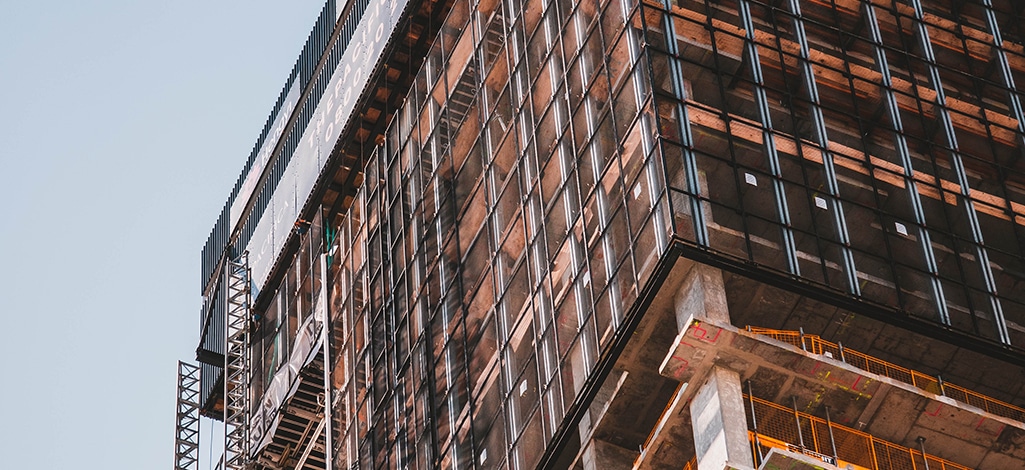The effect of COVID-19 on the construction industry remains in the early stages. So far, construction in British Columbia has fared surprisingly well. We have avoided a government shutdown and for the most part we have avoided site and plant exposures, supply chain interruptions, significant labour shortages due to sick and quarantined employees, bankruptcies and project shutdowns.
However, we are far from through this and a suite of risks still confronts the industry. As risks materialize, construction participants will want to know how to deal with their contractual commitments and whether losses arising from the contract will be recoverable.
Some are turning to their insurers for coverage for losses with limited success. Prior to COVID-19, many would likely have assumed that most all-risk property policies do not provide cover for pandemic losses on the theory that these policies are typically meant to only cover “direct physical loss or damage” to insured property. That interpretation is however, being challenged. Most notably with a class action lawsuit in Saskatchewan allegedly filed on behalf of businesses impacted by COVID-19. You should review your insurance policies carefully to determine whether your policy wording may provide coverage for pandemic caused business loss. If you have any questions about whether your policy might provide coverage for the specific losses you are experiencing, you should speak to your broker or lawyer.
Shutdowns and many performance related issues caused by the pandemic may constitute frustration of the construction contract. Frustration of a contract can occur when a party is prevented from performing its contractual obligations by an event outside its control. For the doctrine of frustration to apply, performance of the contract must have become substantially impossible. The event that occurred to prevent performance must have been unforeseen by the parties and neither party can have created the event. If this is found to have happened, the parties may be relieved from further performance of the contract as the court will imply a term into the contract that had the parties known of the frustrating event prior to entering the contract, they would have agreed to the termination of the contract in that eventuality. Shutdowns caused by government edicts relating to COVID-19 will almost certainly meet this definition, as will an inability to perform the contract due to entirely pandemic caused events.
Many contracts contain force majeure clauses that give specific relief from performance in the event of events outside of a contractor’s control. For instance, the CCDC2 contract form provides that contract time shall be extended for causes beyond the contractors control although it provides no cost relief in such circumstances. As always, it is important to read the entirety of the contract to see what specific force majeure relief the contract may provide.
Finally, note that maintaining reasonable standards of COVID-19 safety has now become an industry standard. As such, failing to adhere to applicable standards can put your company at risk contractually and under the law of negligence.
This article was written by Norm Streu and our Managing Partner, Christopher Hirst. It published in Business in Vancouver on May 1, 2020. Norm Streu is the President & Chief Operating Officer of the LMS Reinforcing Steel Group. Christopher Hirst is the Managing Partner and the leader of the Construction & Engineering Group, Alexander Holburn Beaudin + Lang LLP.


